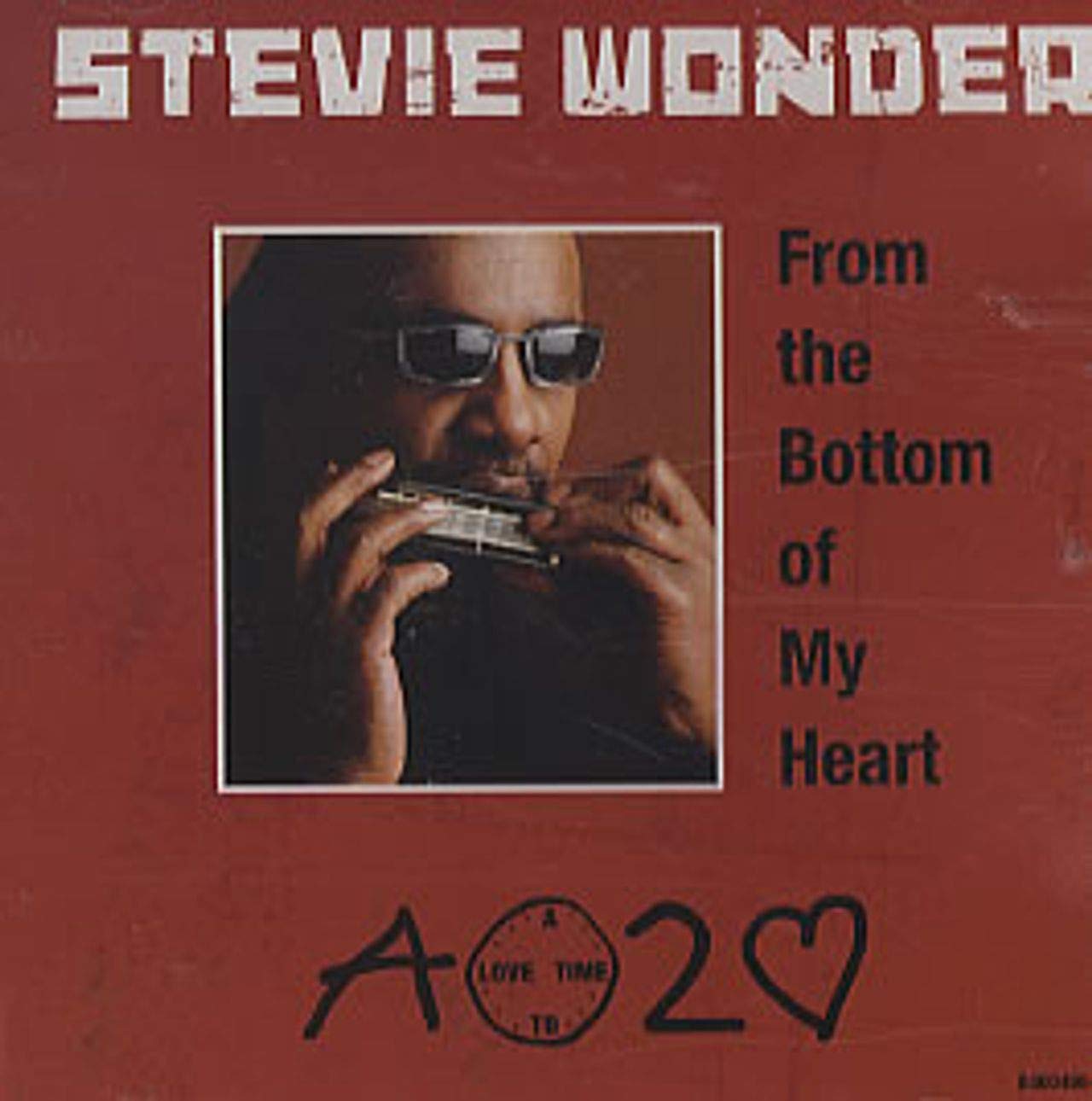Stevie Wonder | |
Appearing in a total number of: 18 charts | Total period running: 392 days
Despite his disability, Wonder's talents in music were evident from a young age. He was a child prodigy who signed with Motown's Tamla label at the age of 11, and he has been with Motown ever since. Given the stage name Little Stevie Wonder by Motown's founder Berry Gordy, he had his first major hit, "Fingertips (Pt. 2)," a live recording of a jazz-influenced performance, at the age of 13. This made him the youngest artist ever to top the Billboard Hot 100.
Wonder's early recordings were not confined to one particular genre and included contributions to soul, R&B, funk, jazz, and pop. His 1960s albums, like "Up-Tight" and "I Was Made to Love Her," showcased his evolving musical style and growing social awareness. By the 1970s, Wonder had taken full artistic control over his music, producing a remarkable series of albums that are often considered his classic period. Albums such as "Talking Book," "Innervisions," "Fulfillingness' First Finale," and "Songs in the Key of Life" were all critically acclaimed and commercially successful. They featured enduring hits like "Superstition," "Living for the City," "You Are the Sunshine of My Life," and "Sir Duke."
Wonder's use of synthesizers and new technology in the studio was innovative, and his ability to integrate these sounds into his music without losing the emotional depth of his songs was groundbreaking. His work in the 1970s earned him 15 Grammy Awards, including Album of the Year for "Innervisions," "Fulfillingness' First Finale," and "Songs in the Key of Life." He is one of only three artists to have won Album of the Year three times.
Beyond his musical achievements, Wonder has been an influential figure in U.S. politics and social movements. His 1980 single "Happy Birthday" was a key part of the campaign to have Martin Luther King Jr.'s birthday recognized as a national holiday in the United States. He has also been a United Nations Messenger of Peace and a prominent advocate for political and social justice, including support for ending apartheid in South Africa and advocating for people with disabilities.
Throughout the 1980s and beyond, Wonder continued to release successful albums and singles, although with less frequency. His later works include soundtrack contributions, collaborations with other artists, and occasional tours and performances. Despite the natural ebb and flow of a long career, his influence on music and culture remains profound.
Stevie Wonder's legacy is not only that of a prodigious talent who overcame significant obstacles but also of an artist who used his platform to effect positive change in the world. His awards and honors are numerous, including more than 25 Grammy Awards, an Academy Award for Best Original Song, and the Presidential Medal of Freedom, one of the United States' highest civilian honors. His induction into the Rock and Roll Hall of Fame in 1989 is a testament to his enduring impact on the music industry and his status as a cultural icon.






















































